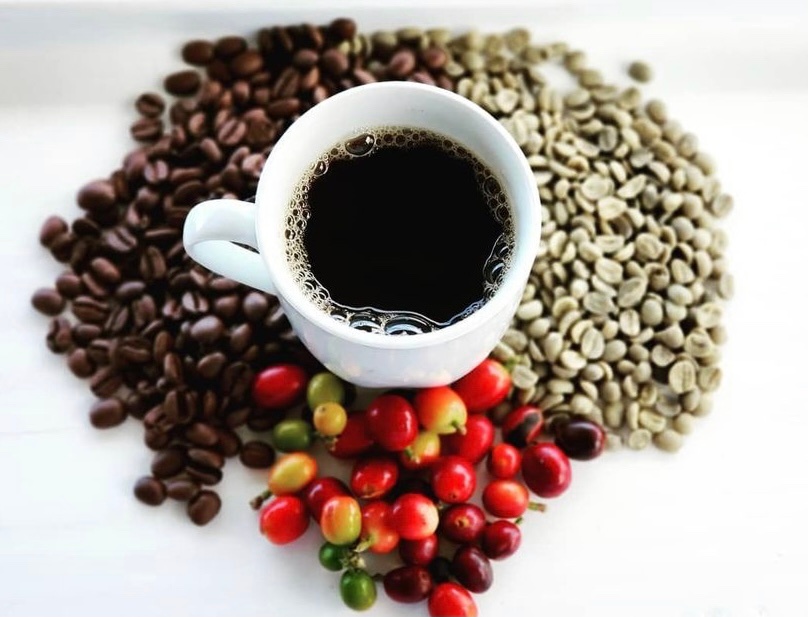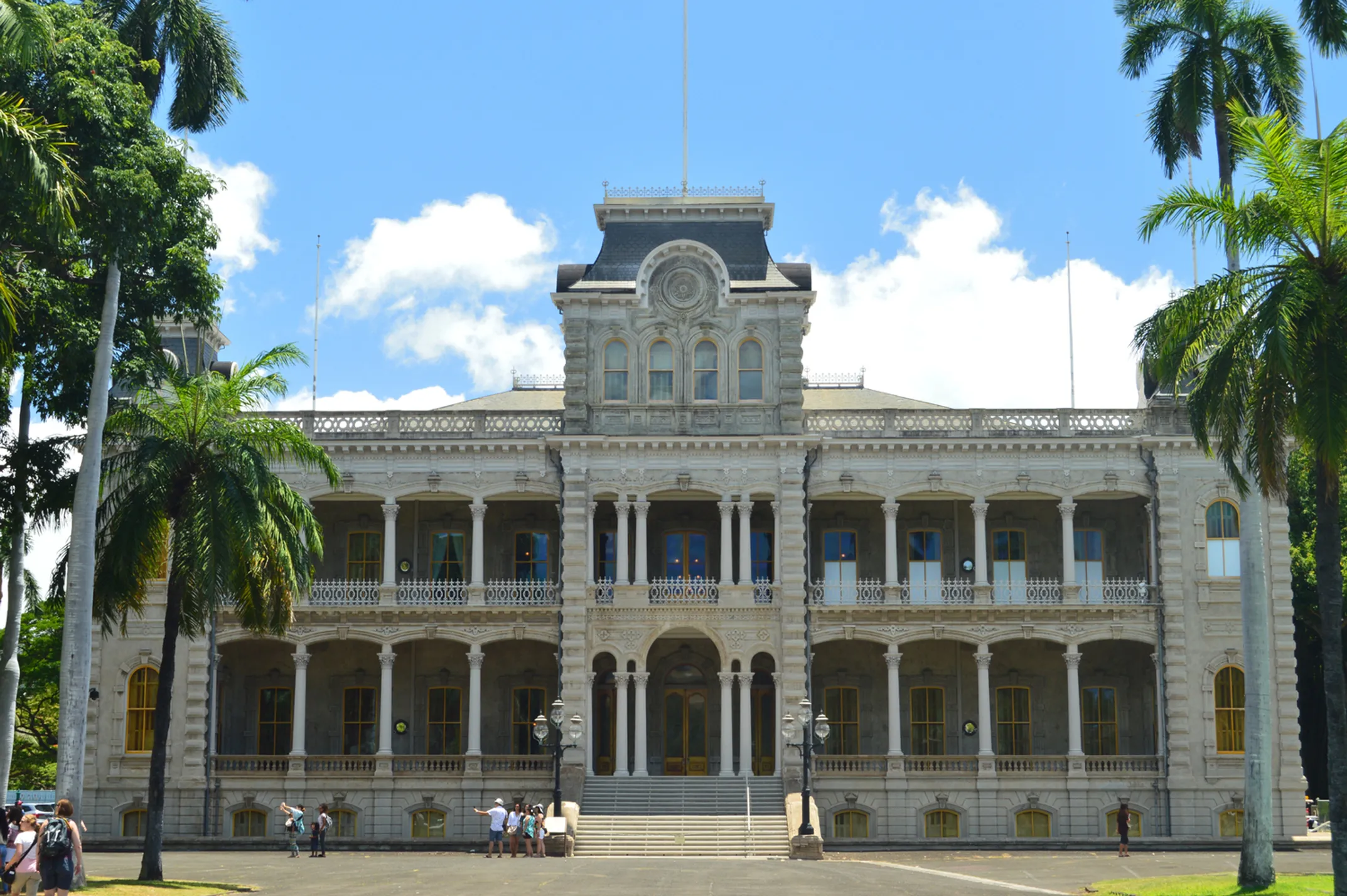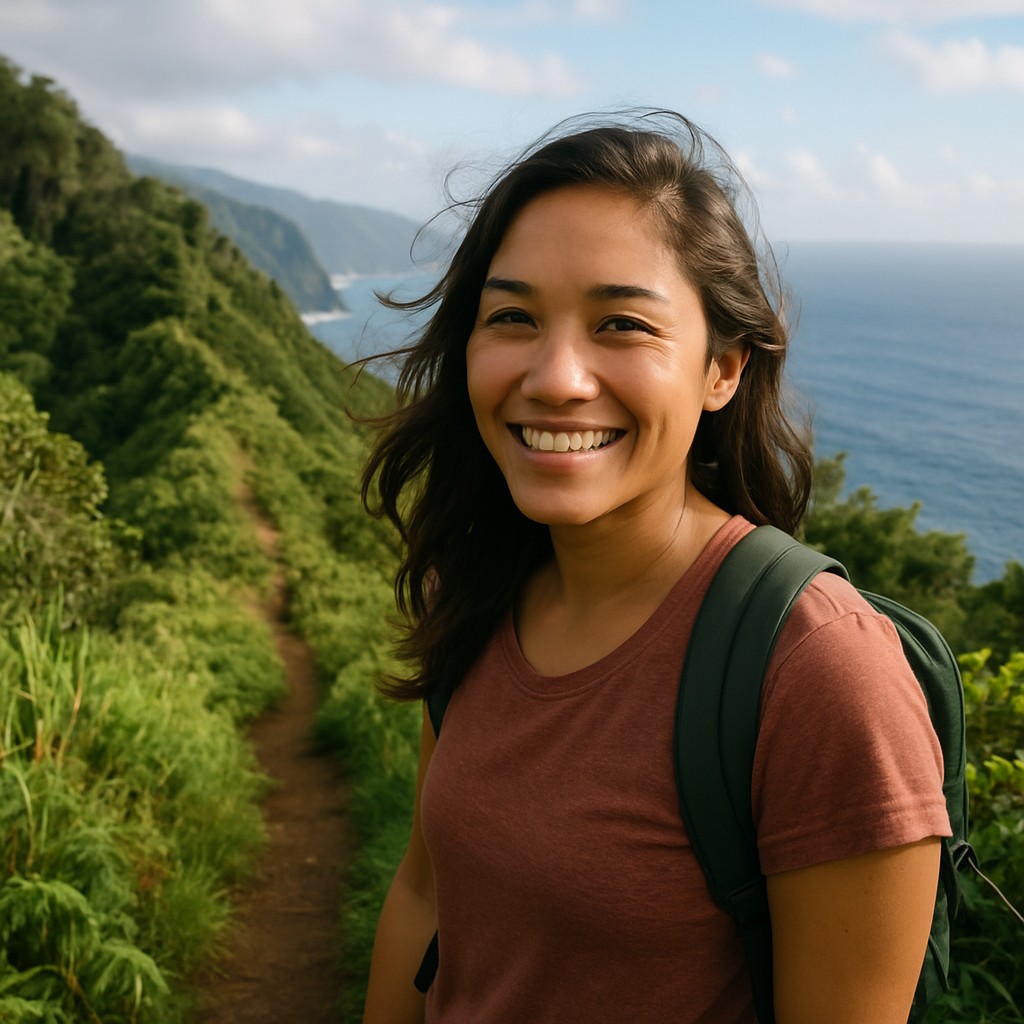
“Brew Your Best Cup”- Coffee Brewing Workshop
Heavenly Hawaiian Coffee Farm • Farm • Holualoa, Island of Hawaii • Hawaii

Protocols for Honoring Hawaiian Culture

Written by a Cultural Practitioner
Jade KawanuiUnderstanding proper behavior shows respect for Hawaiian values like hōʻihi (respect) and aloha ʻāina (love for the land). These aren't arbitrary rules but expressions of core cultural principles.
Requires requesting permission before entering significant spaces. This often happens silently and internally. Pause at thresholds and state your name, origin, and positive intention. Wait for a sense of welcome before proceeding.
Emphasizes intention over objects. The most appropriate visitor offering is non-physical: silent prayer, heartfelt reflection, or personal vows to care for the land.
Distinguishes between entertainment and sacred ceremony. Maintain respectful distance during cultural practices. Speak quietly or embrace silence.
Rock stacking might look harmless, but those rocks serve purposes. They mark trails, hold spiritual significance, or provide homes for creatures. Leave them alone.
Taking lava rocks violates both state law and spiritual protocol. Pele's creations stay with Pele. The hundreds of packages mailed back to Hawaiʻi each year prove this lesson gets learned the hard way.
Inappropriate offerings at sacred sites do more harm than good. Coins, crystals, non-native flowers, and food can damage ecosystems and offend spiritual guardians. The best offering is your respectful presence.
Climbing on sacred structures treats ancient temples like playground equipment. These heiau took generations to build and hold deep spiritual power. Look but don't touch.
Loud behavior at sacred sites disrupts the peace these places are meant to provide. Speak softly. Move mindfully. Let the ʻāina speak first.
These organizations and practitioners offer genuine engagement with Hawaiian culture beyond commercialized tourism.
Native-owned company offering authentic cultural tours off beaten paths.
Cultural workshops, hula instruction, and Maoli Arts Movement programming.
Traditional agriculture and Hawaiian values under Eric Enos's guidance.
Traditional healing including Lāʻau Lapaʻau, Lomilomi, and Hoʻoponopono.
Pā'ū O Hi'iaka hālau preserving multiple hula traditions.
Hālau Hula ʻo Ka Malama Mahilani cultural education.
Tours through Puʻu Kukui Watershed focusing on native landscapes.
Food system restoration using traditional methods.
Native musician and cultural practitioner offering workshops in Anahola.
Hālau Ka Lei Mokihana o Leina'ala award-winning cultural education.
Timbers Kauaʻi programming including sunrise huakaʻi and language classes.
Traditional agriculture demonstrations and hands-on learning.
Workshops in lauhala, lei making, and hula at Hualālai Resort.
Cultural training for marine animal response statewide.
Traditional healing services including Lāʻau Lapaʻau and Lomilomi.
Pele protocols and traditional land management practices.
Native-owned companies only
Learn from authentic hālau
Lāʻau Lapaʻau & Lomilomi
Traditional agriculture sites
Authentic cultural experiences differ fundamentally from tourist attractions. They're educational, respectful, and often challenging. They ask you to listen, learn, and reflect rather than just consume.
Focus on entertainment, photos, and quick consumption. Often commercialized and simplified for mass appeal.
Emphasize education, respect, and deep understanding. Led by practitioners who share authentic knowledge and stories.
The difference is in the intention. When you engage with Hawaiian culture through authentic practitioners, you participate in the perpetuation of living traditions. You become part of the ʻaha rather than just observing from the outside.

Heavenly Hawaiian Coffee Farm • Farm • Holualoa, Island of Hawaii • Hawaii

